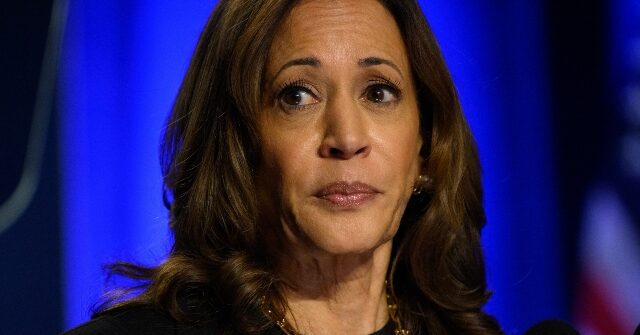A federal judge has granted a preliminary injunction against California’s new law aimed at limiting the spread of AI-generated deepfakes related to political candidates. Judge John Mendez argued that although there is a legitimate concern about the potential impact of manipulated media on political discourse, such fears should not infringe upon the constitutional rights guaranteed by the First Amendment. The law, AB 2839, was signed by Governor Gavin Newsom and allows judges to order the removal of deceptive deepfake content, posing penalties for individuals who spread misleading representations of political figures. However, just two weeks after its enactment, a legal challenge emerged, leading to this recent judicial decision.
The plaintiff, Christopher Kohls, took legal action asserting that the AI-generated deepfake video he created of Vice President Kamala Harris was a form of political satire protected by free speech rights. Mendez sided with Kohls, highlighting that the law might unintentionally infringe upon significant amounts of political discourse and expression that are constitutionally protected. He emphasized that not all manipulated media should be treated the same, and a balance must be struck between addressing misinformation and safeguarding freedom of expression, particularly in public discourse and political critique.
Judge Mendez particularly expressed concerns regarding the broad and subjective nature of AB 2839’s language, which could encompass a wide array of political commentary that is protected speech. The ruling suggests that while legislative efforts aiming to preserve election integrity are crucial, they should not overstep the protections afforded to speech by the First Amendment. Mendez noted that avenues already exist within privacy, copyright, and defamation laws to address grievances stemming from misleading digital depictions without needing to infringe on free speech rights.
The temporary injunction now prevents California Attorney General Rob Bonta from enforcing the deepfake provisions against Kohls or any other similar content creators, except in cases involving fraudulent audio. Mendez’s ruling indicates that the interest of the state in maintaining the integrity of elections does not outweigh the chilling effect that enforcement of the law could create on free speech and expression. By allowing this injunction, the court indicates a commitment to uphold constitutional protections even in a rapidly evolving digital landscape where misinformation remains a pressing concern.
Furthermore, advocacy organizations, such as the Foundation for Individual Rights and Expression (FIRE), have criticized the law for its potential to stifle free-speech rights, arguing that targeting “deceptive” political content could endanger satire, parody, and other forms of expression. They assert that the law may suppress honest criticism by criminalizing sharing content deemed deceptive, discouraging citizens from engaging in discussions that are vital for democracy. The requirement also proposed under AB 2839 for satirical content to be explicitly labeled echoes a level of censorship that undermines the spirit of humor and critique integral to political discourse.
In sum, the ongoing legal battle surrounding California’s AB 2839 exemplifies the tension between state efforts to mitigate the spread of misinformation and the inherent rights to free speech protected under the Constitution. The recent ruling serves as a vital reminder that while the concerns surrounding content distortion and its potential impact on elections are legitimate, the mechanisms created to address such issues must carefully navigate the safeguards established to protect expression in various forms. As digital media continues to evolve, finding an appropriate balance between combating misinformation and upholding freedoms will be essential for the preservation of democratic dialogue.

